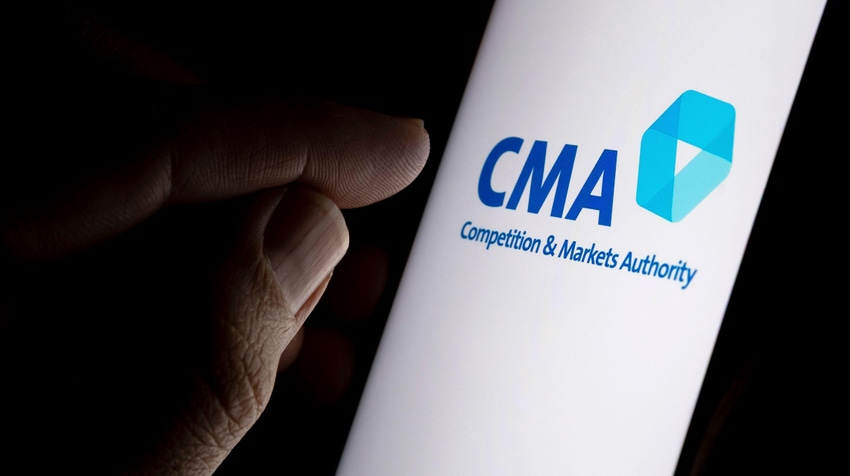Eurobites: CMA launches antitrust review of Vodafone-Three merger
Also in today's Vodafone-saturated EMEA regional roundup: UK government sees e& stake in Vodafone as a security risk; Ericsson arranges EIB loans; Telia Q4 earnings up, though its revenues are down.

The UK's Competition and Markets Authority has formally launched its Phase 1 investigation into Vodafone's proposed merger with rival mobile operator Three, giving itself 40 days for its initial assessment of the deal before taking any further steps. In response to the CMA's announcement, the respective UK CEOs of both parties issued statements trumpeting the benefits of the merger, with Vodafone's Ahmed Essam stating his belief that the merger will "significantly enhance competition by creating a combined business with more resources to invest in infrastructure to better compete with the two larger converged players" and Three's Robert Finnegan claiming that by "combining networks, Three UK and Vodafone UK will unlock £11 billion (US$14 billion) of investment that will help the UK close the 5G gap with leading European countries." (See What's the Story? Three/Vodafone merger could rattle UK market.)
In other Vodafone news, the UK government has decided that the 14.6% stake held by Emirates Telecommunications Group (which these days trades under the e& brand) in the British-owned operator represents a risk to national security. In a statement, the Cabinet Office mandated the setting up of a National Security Committee "to oversee sensitive work that Vodafone and its group perform which has an impact on or is in respect of the national security of the United Kingdom," among other measures.
Vodafone, in the shape of CEO Margherita Della Valle, is also the only telco represented on the UK government's latest AI talking-shop, the AI Opportunity Forum. The Forum will seek to promote the use of AI in the private sector – currently only one in ten UK organizations are currently fully prepared to roll out the technology, according to the government's figures. Other companies signing up the Forum include Microsoft, Arm and Google.
And one final Vodafone morsel... research commissioned by the operator has revealed that European household Wi-Fi usage has surged by 53% over the last year, with the average number of connected devices in British, German, Italian and Spanish homes standing at 12 – more than double what was counted five years ago.
Ericsson has arranged two seven-year loans from the European Investment Bank worth a total of €420 million ($456 million). The loans, says Ericsson, will finance parts of the company's R&D investments in wireless technology up to 2025 as it looks to reach "net zero" in terms of energy consumption by 2040. (See Ericsson and Nokia face R&D threat amid telco spending slump.)
In CEO Allison Kirkby's final set of financial results before she heads off to pastures new, adjusted fourth-quarter EBITDA (earnings before interest, tax, depreciation and amortization) at Nordic operator Telia increased 7.3% year-over-year, to 7.49 billion Swedish kronor ($719 million), on revenue that, in like-for-like terms, decreased 0.4%, to SEK23.09 billion ($2.21 billion). The company's TV and Media unit was hit by a continuing deterioration in advertising markets, with a 14% reduction in advertising revenue being partly offset by a 6.5% growth in pay-TV revenue.
Dutch carrier KPN has been testing new local 5G gateway technology at KLG Europe, a logistics service provider. Several automated guided vehicles (AGVs) operate in the KLG's distribution center to collect and distribute packages and pallets. These AGVs are equipped with SIM cards and connected to the 5G indoor network in the warehouse. By installing a local 5G gateway, all mobile data from the AGVs is routed directly to the AGV server at the same location. This, says KPN, improves latency to only 4 milliseconds, where approximately 21 milliseconds is currently still common.
Some BT customers are understandably aggrieved that the UK operator has been charging them £10 ($12.73) a month for Xbox game passes that they hadn't asked for, the BBC reports. The extra tenner was added to their broadband bills. Why it is happening seems to be a mystery – all BT could do was to recommend its customers "remain vigilant."
Read more about:
EuropeAbout the Author(s)
You May Also Like












